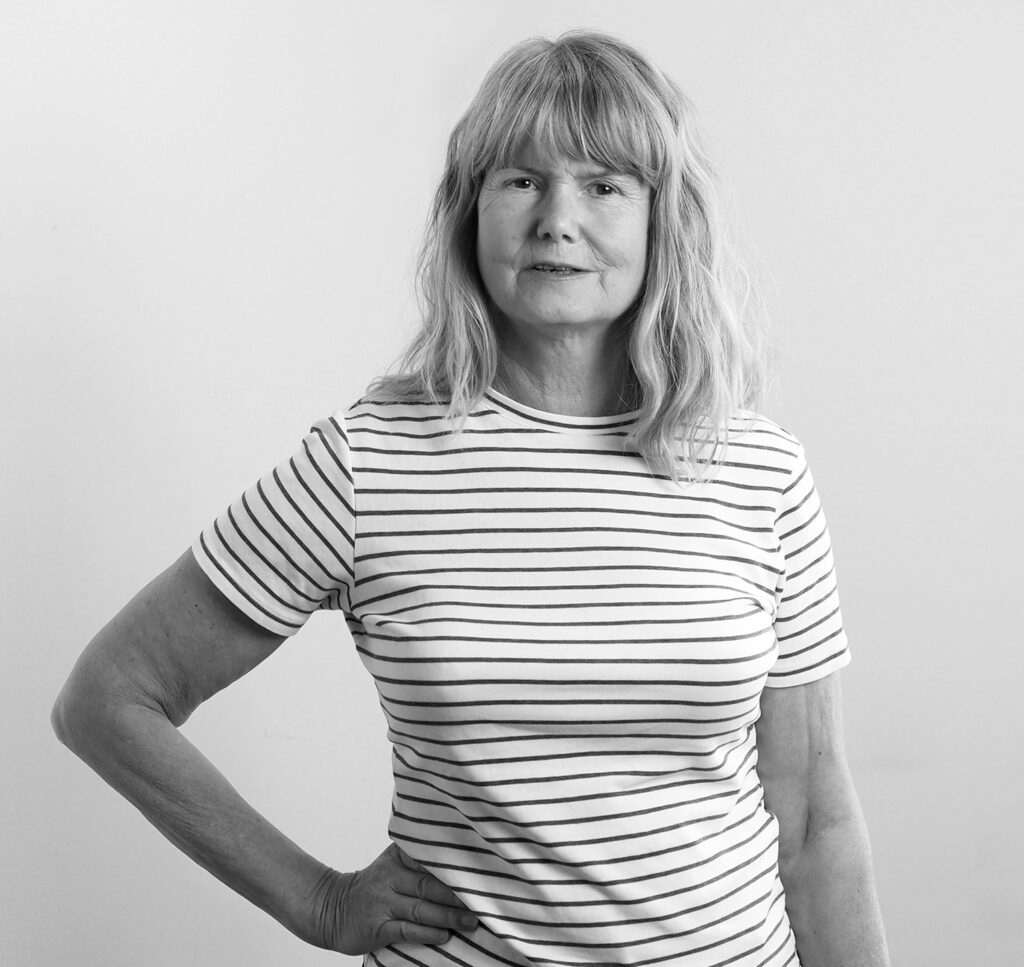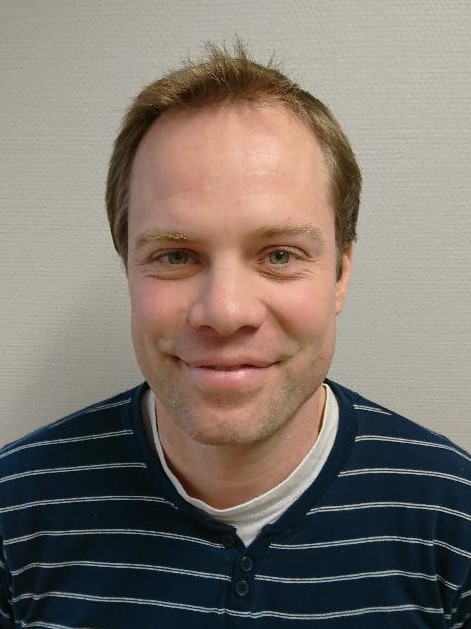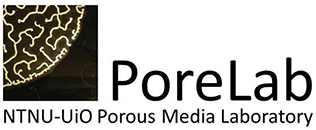Bangkok 5-6 June 2024 and Chiang Mai 7- 8 June 2024
A report by Cathrine Ringstad from Bellona

I was kindly invited to Bangkok and Chiang Mai by the Royal Thai Embassy in Oslo and travelled together with Prof. Carl Fredrik Berg, PI at PoreLab, NTNU. The first part of the trip was the “International CCS symposium: A “supercritical” research toward industrial solution” co-organised by the Thailand CCUS Alliance and Chiang Mai CCS in Bangkok 6 June. The second part was a visit to Chiang Mai and Chiang Mai CCS, 7 – 8 June.
The symposium in Bangkok had a mix of presentations and panel discussions. Together with Prof. Berg from PoreLab I presented: “Norway’s CCS Partnership between the State, Industries, Academia, and NGO’s”. There we gave an overview of the history of CCS in Norway and how academia, NGOs, industry and the government has collaborated to reach where we are today. This included a timeline of projects, and pointing out important policies that have resulted in CCS projects. We also pointed out how government policies shape and initiate projects. In Norway, an early CO2 tax has been instrumental for initiating CCS projects. Additionally, stable policies are needed for capital intensive projects. Such learnings are not directly transferable to the setting in Thailand, but we hope that the knowledge transfer was well received. It was notable that it was mostly governmental participation at the symposium; our presentation was tailored to such an audience.


Pictures from the presentation: “Norway’s CCS Partnership between the State, Industries, Academia, and NGO’s”.
There were two panel discussions at the symposium, where I participated in the first and Prof. Berg in the second one; se pictures below.
The topic of “my” panel discussion was “CCS Industrial’s Landscape and Its Ecosystem: Opportunities and Challenges”. The “Science, research and innovation toward net-zero via CCUS” presentation given by given Dr. Loshsomboon showed that Thailand has started to work systematically on CCS as the Cabinet had established a national committee on climate change policy (NCCC), put in place a national science research and innovation system and developed technology roadmaps for CCU and CCS. I commented that this is a very good start and encouraged Thailand to continue to learn from countries now implementing CCS, including both successes and setbacks. This applies not only to the establishment of policies and regulations which need to be in place before industrial CCS projects can be developed, but also to social engagement and acceptance. Meetings and workshops, both at local and national levels, should be organized to give information about the role of CCS in a climate mitigate perspective and how it works (i.e. how the CO2 is captured, transported and stored safely underground). Environmental NGOs may here be a key, as they can significantly influence people’s opinion, either in a negative (as most environmental NGOs in Europe) or a positive (as Bellona in Norway) way.


Pictures from the industrial panel discussion “CCS Industrial’s Landscape and Its Ecosystem: Opportunities and Challenges” facilitated by Dr. Suparit Tangparitkul.


Pictures from the technical and research panel discussion “Toward tomorrow’s challenges: What are next for CCS?” facilitated by Dr. Natthanan Promsuk.
The symposium was well attended and well organized. As an international participant, it was very interesting to observe status and plans for emission reductions in Thailand, in particular the plans for carbon capture and storage (CCS).
During the first day in Bangkok, 5 June, I joined Prof. Berg in his visit to Chulalongkorn University. There I learned about the CCS activities at the university, which also included a tour to their laboratory.


Audience and speakers at the “International CCS symposium: A “supercritical” research toward industrial solution” in Bangkok 6 June 2024.
The second part of the trip (7-8 June) was to Chiang Mai CCS at CMU. At the university, Prof. Berg gave the lecture “Storage modelling”, while I presented “Risk assessment and monitoring of CO2 storage sites”. The lectures seemed to be well received, and we had some interesting discussions afterwards. We were also able to visit the reservoir lab and discuss their set-up for core flooding with supercritical CO2. The trip to Chiang Mai was together with Prof. Nicolas von Solms from DTU in Denmark.
As Prof. Berg I would like to compliment the local organizers: The events were excellent, both with respect to scientific content and extracurricular activities. I would also like to thank Gee Suksong at the Royal Thai Embassy in Oslo for her patience and excellent service.


The trip gave lasting memories of Thai culture and cuisine (photographs from Chiang Mai)
International CCS Symposium
Bangkok 6 June’24 / Chiang Mai 7-9 June 2024
A report by Carl Fredrik Berg, PI at PoreLab, NTNU

I travelled to Bangkok and Chang Mai together with Cathrine Ringstad from Bellona. The first part of the trip was the CCS symposium in Bangkok. The symposium was well attended and well organized. As an international participant, it was very interesting to observe status and plans for emission reductions in Thailand, in particular the plans for carbon capture and storage (CCS).
The reason I was invited to this conference was most probably based on an earlier meeting with visitors from Chang Mai university. They visited NTNU in Trondheim last autumn, where we presented a brief history of CCS in Norway and current research.
At the symposium Ringstad and I gave an overview of the history of CCS in Norway and how academia, NGOs, industry and the government has collaborated to reach where we are today. This included a timeline of projects, and pointing out important policies that has resulted in CCS projects. We pointed out how government policies shape and initiate projects. In Norway, an early CO2 tax has been instrumental for initiating CCS projects. Additionally, stable policies are needed for capital intensive projects. Such learnings are not directly transferable to the setting in Thailand, but we hope that the knowledge transfer was well received. It was notable that it was mostly governmental participation at the symposium; our presentation was tailored to such an audience.
During the same symposium there were two panel discussions, where Cathrine Ringstad participated in the first, while I participated in the second. The discussion I participated in was on research; on current and future challenges. I tried to inform about the current situation in Norway, which is a step ahead of Thailand. We are currently working on challenges related to scaling up of CCS, such as limited pressure window during injection when pressure increase at one injection site starts influencing surrounding reservoirs. While such problems are not currently on the agenda for the industry in Thailand, as they are in the start of injection, the hope is for a rapid scale-up of injection, such that Thailand will reach similar challenges more rapidly than what we have witnessed in Norway. It was therefore suggested that research in Thailand should start focusing on such scale-up issues already now, as this is likely to be an issue in Thailand quite soon.
The second part of the trip was to the university of Chang Mai, with the representative from DTU (Denmark) and us from Norway participated. We gave lectures at the university. The lectures seemed to be well received, and we had some interesting discussions afterwards. We were also able to visit the reservoir lab and discuss their set-up for core flooding with supercritical CO2.
During the first day in Bangkok, the day before the symposium, we visited Chulalongkorn University. There I gave an impromptu lecture on CCS in Norway, with good discussions with the professors working on related topics. We also had a tour of the laboratory. We hope that the visits, both to Chang Mai and Chulalongkorn university, could spur collaborations between our universities. It will be easier in the future to have online collaboration now that we have already met in person.
As a final note, I must compliment the local organizers for the excellent organization of the events. The scientific content was very interesting, and the extracurricular activities were also excellent; it gave lasting good memories of Thai culture and cuisine.
